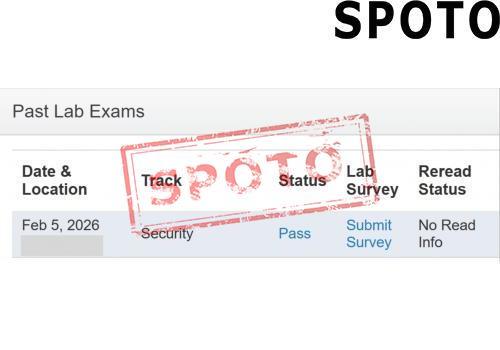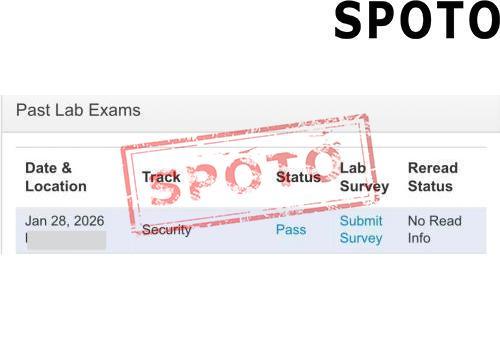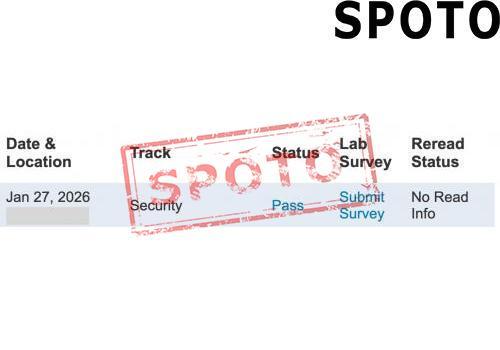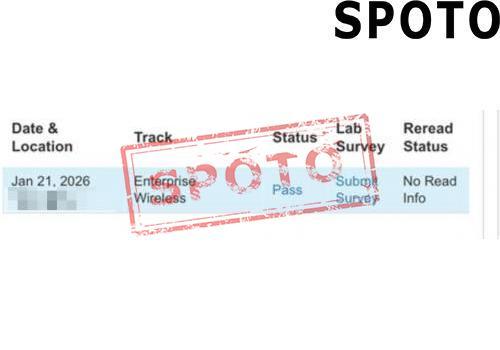
Table of Contents
This article will introduce you to what a Maintenance Engineer is, the career information of a Maintenance Engineer and the necessary conditions to become a Maintenance Engineer.By reading this article, you will gain an in-depth understanding of the profession of Maintenance Engineer.
1. What is a Maintenance Engineer?
Maintenance engineers are specialists responsible for the operational stability of machines and other types of mechanical equipment. The types of machinery they may be responsible for include boilers, cooling systems, and equipment used in the medical, aviation and food processing industries.
2. How much does a Maintenance Engineer Make?
According to Zippia, the average annual salary for maintenance engineers in the United States is $47,133. Annual salaries for maintenance engineers typically range from $29,000 to $74,000. The average hourly wage for maintenance engineers is $22.66. Salaries for maintenance engineers are affected by location, education, and experience. New Jersey has the highest average salary for maintenance engineers.
3. Job Outlook of Maintenance Engineer
According to the U.S. Bureau of Labor Statistics, employment of general maintenance and repair workers is projected to grow 5% from 2023 to 2033, about the same rate as the average for all occupations. Job openings for general maintenance and repair workers are expected to average about 157,200 per year over the next decade. Many of these openings are expected to replace workers who change careers or exit the labor force (e.g., due to retirement).
4. What Are the Qualifications to Become a Maintenance Engineer?
(1) Obtain a Bachelor's Degree
Maintenance Engineers generally require job seekers to have at least a bachelor's degree in engineering, especially in mechanical, electrical or related fields. Of course, a higher level of education will be more advantageous in the workplace.
(2) Develop professional skills
Maintenance Engineers need to have a comprehensive set of skills to ensure the efficient, safe and long-term operation of equipment and systems. First of all, they need solid technical and mechanical skills, including in-depth understanding of mechanical equipment, electrical systems, hydraulic and pneumatic equipment, and the ability to accurately diagnose problems and perform repairs. In addition, maintenance engineers should be familiar with preventive maintenance (PM) and predictive maintenance (PdM) strategies to reduce equipment failure rates and extend service life. They also need to have good troubleshooting and analysis capabilities to quickly locate the cause of failures in complex systems and propose practical solutions. At the same time, proficiency in the use of various maintenance tools, software and computerized maintenance management systems (CMMS) is an essential skill that helps record, manage and optimize maintenance processes. In addition to hard skills, maintenance engineers should also have strong communication and teamwork skills, and work closely with production, engineering and management teams to ensure that all work meets safety standards and production needs. Finally, the ability to continuously learn and adapt to new technologies is equally important in order to keep up with new trends such as equipment automation and intelligent manufacturing, and continuously improve maintenance efficiency and overall equipment management.
(3) Earn Industry Certifications
Obtaining a certification that is highly recognized by the industry can prove your professional ability and ability to perform the position, and can also enhance your competitiveness in the workplace. Therefore, we recommend that you obtain the CCIE Enterprise Wireless certification.This certification can demonstrate your expertise in enterprise infrastructure, assurance, security, and more. Configure, troubleshoot, and manage the networks of the largest companies in the world with the Cisco Certified Network Professional (CCNP) Enterprise certification.
5. Similar Occupations of Maintenance Engineer
- Maintenance Technician
- Mechanical Maintenance Engineer
- Electrical Maintenance Engineer
- Facilities Engineer
- Facilities Maintenance Engineer
- Maintenance Supervisor
- Maintenance Manager
- Field Service Engineer
- Service Technician
- Reliability Engineer










